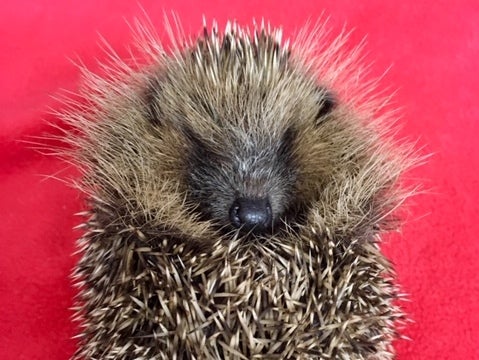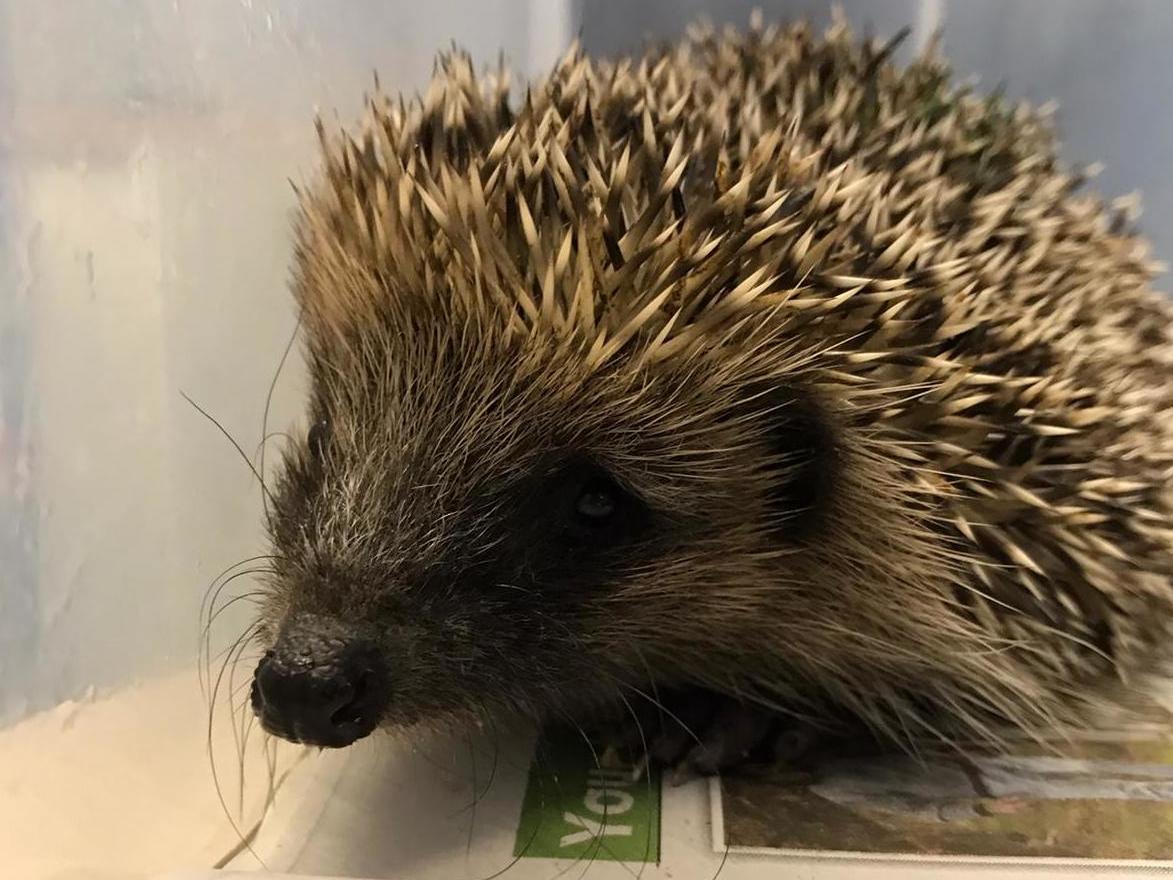Baby hedgehogs ‘too light’ to hibernate after unusually wet summer leaves them unable to find food
‘We’re almost at breaking point’

Your support helps us to tell the story
From reproductive rights to climate change to Big Tech, The Independent is on the ground when the story is developing. Whether it's investigating the financials of Elon Musk's pro-Trump PAC or producing our latest documentary, 'The A Word', which shines a light on the American women fighting for reproductive rights, we know how important it is to parse out the facts from the messaging.
At such a critical moment in US history, we need reporters on the ground. Your donation allows us to keep sending journalists to speak to both sides of the story.
The Independent is trusted by Americans across the entire political spectrum. And unlike many other quality news outlets, we choose not to lock Americans out of our reporting and analysis with paywalls. We believe quality journalism should be available to everyone, paid for by those who can afford it.
Your support makes all the difference.A wildlife hospital is appealing for help after rescuing hundreds of baby hedgehogs left hungry and unable to hibernate because of the wet weather.
Volunteers at the Leicestershire Wildlife Hospital in Kibworth have been rescuing around 10 hoglets a day.
“Normally [by the end of the year] we get up to 100,” said Angela Downham, who runs the facility.
“But this year we’re getting 10 a day and we’re really struggling,” she told The Independent.
“It’s really hitting our resources and we’re having to take money from other things.”
Ms Downham estimated the centre had rescued more than 200 animals this autumn.
“We’ve not even hit the peak time yet [for rescues] which is coming up,” she said. “We are almost at breaking point.”
The hoglets have struggled to find food. Some have been found out during the day, despite the fact hedgehogs are primarily nocturnal.
Most of those rescued are too underweight to hibernate and would die if left in the wild.
Ms Downham believes the unusual wet weather has left them struggling to find food.
“Hedgehogs need to be around 800g to hibernate,” she said.
“They need to be fat. But because [the hoglets] are small they are out in the day looking for food.

“They’re not finding food. It is wet and there’s not much food around.”
Summer 2019 was one of the wettest for 100 years, according to the Met Office. Leicestershire has been hit particularly badly after heavy rain in the beginning of October caused heavy flooding.
The wildlife hospital has set up a fundraising page to raise money for the hoglets.
Staff are hoping to buy heat mats and incubators to care for them.
“When they come in they’re often wet and chilled,” Ms Downham said. “So we take them to the hospital [area] downstairs and put them in incubators.
“An incubator costs around £550 each and if another [hoglet] comes in today, we won’t have one to put it in.
“We’re having to juggle and put in two [hoglets] into one unit. It’s not good.”
Ms Downham said she founded the hospital 36 years ago and had never experienced a comparable situation.
Her GoFundMe page for the hospital has raised more than £300.
“The hospital is run by a team of dedicated volunteers and treats all casualties free of charge,” the page reads.
“Every penny given helps us to save even more wild lives.”
Join our commenting forum
Join thought-provoking conversations, follow other Independent readers and see their replies
Comments